Find Help
More Items From Ergsy search
-

Children Act 1989 section 20 - Legislation
Relevance: 100%
-

Understanding the Impact of the UK's New Domestic Abuse Legislation
Relevance: 32%
-
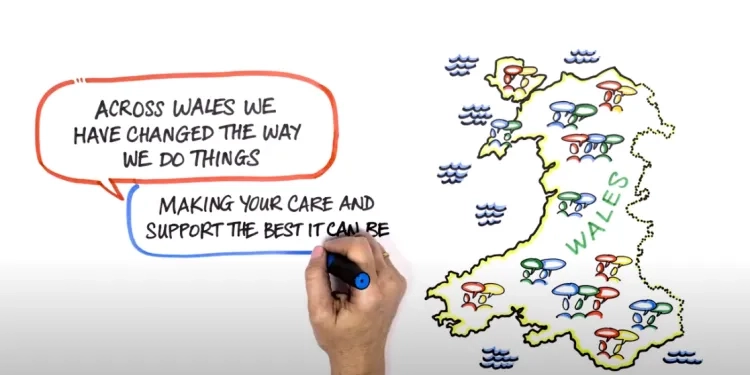
Social Services and Well-being (Wales) Act: Assessments
Relevance: 29%
-
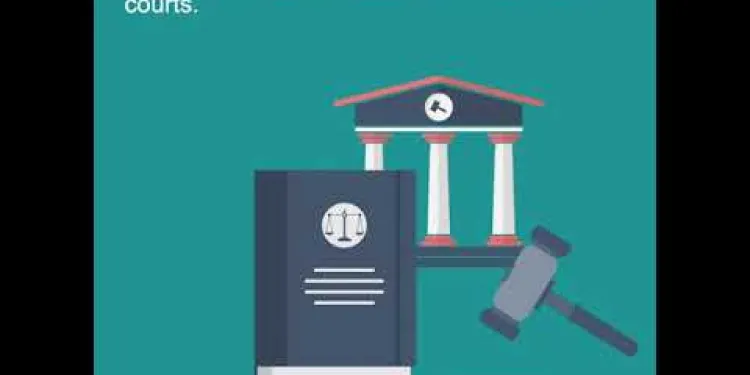
The Human Rights Act
Relevance: 28%
-

Planned caesarean section
Relevance: 27%
-

Having a Caesarean Section
Relevance: 27%
-
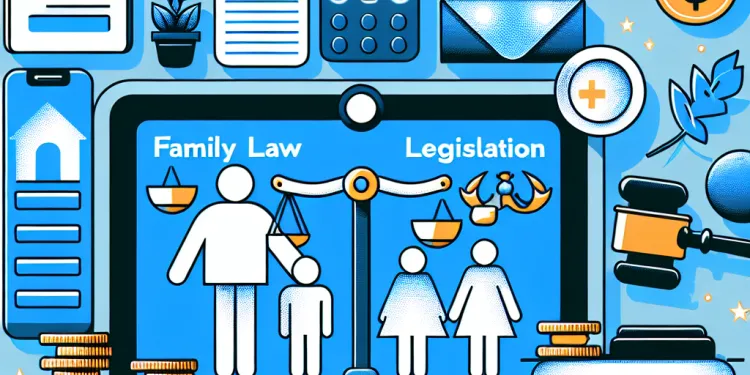
Impacts of Recent Changes to Family Law Legislation
Relevance: 25%
-

Who are SEND children?
Relevance: 25%
-
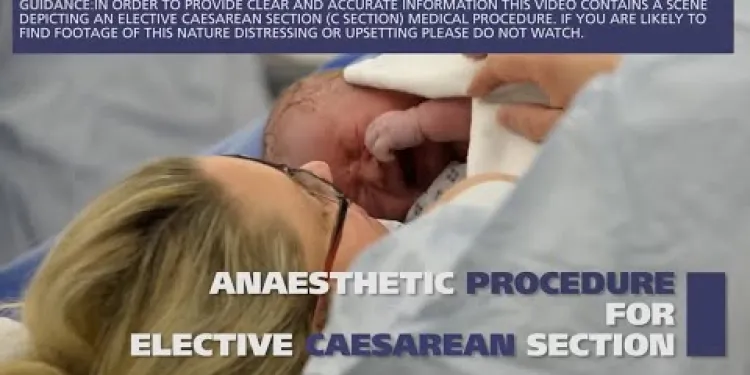
Anaesthetic procedure for elective caesarean section (C section)
Relevance: 25%
-

Spinal Anaesthesia for Caesarean Section
Relevance: 24%
-

Understanding Parental Rights in Light of New UK Child Protection Legislation
Relevance: 24%
-

New Asylum Seekers Legislation Sparks Nationwide Debate
Relevance: 23%
-

Having a planned caesarean section
Relevance: 23%
-

Are there specific laws governing SEND in schools?
Relevance: 21%
-
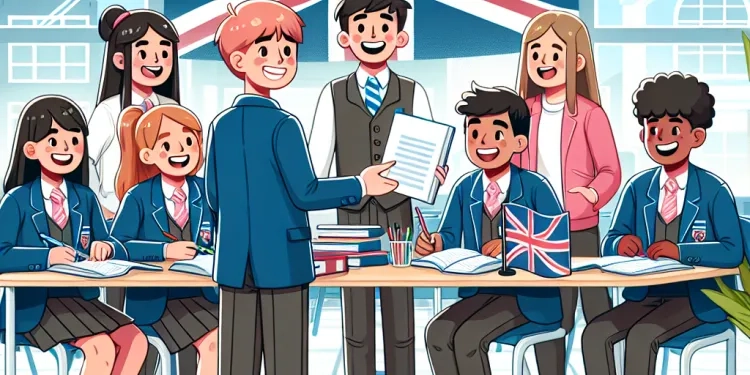
Do SEND children attend mainstream schools?
Relevance: 19%
-

What are SEND children?
Relevance: 18%
-

When Stroke Strikes Act F.A.S.T. | NHS
Relevance: 17%
-

What causes lupus in children?
Relevance: 16%
-

Understanding the New Domestic Abuse Laws in the UK
Relevance: 16%
-
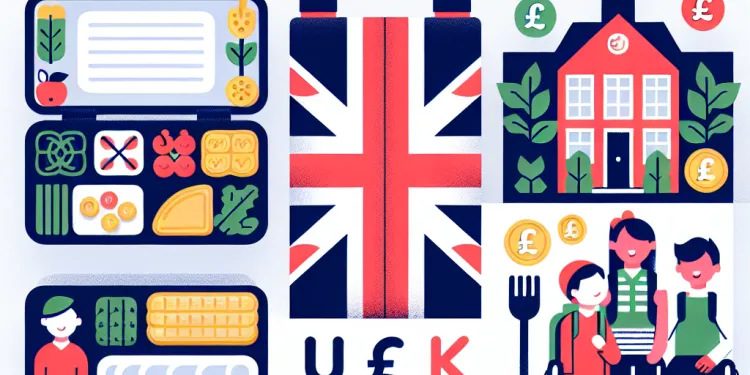
Can children with disabilities access school meals?
Relevance: 16%
-
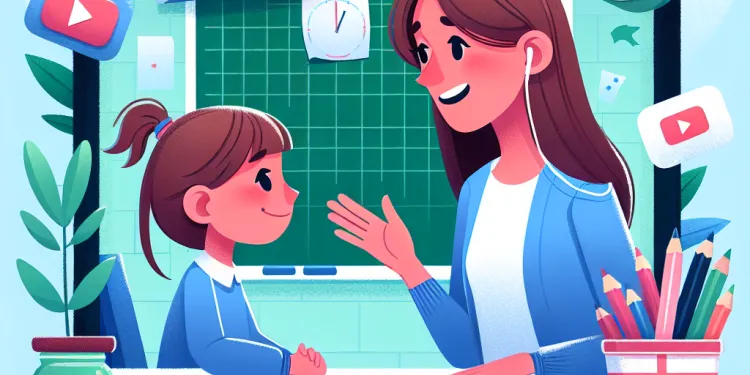
Understanding Mental Health in Children
Relevance: 16%
-

Can defibrillators be used on children?
Relevance: 16%
-

Can SEND children access extracurricular activities?
Relevance: 16%
-

Is Baxdrostat suitable for children?
Relevance: 15%
-
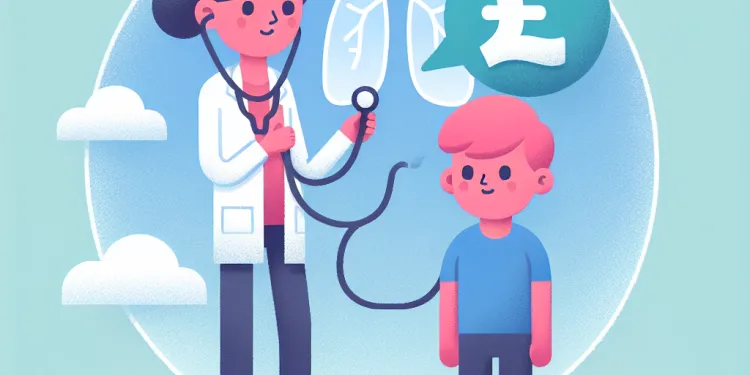
What is lupus in children?
Relevance: 15%
-
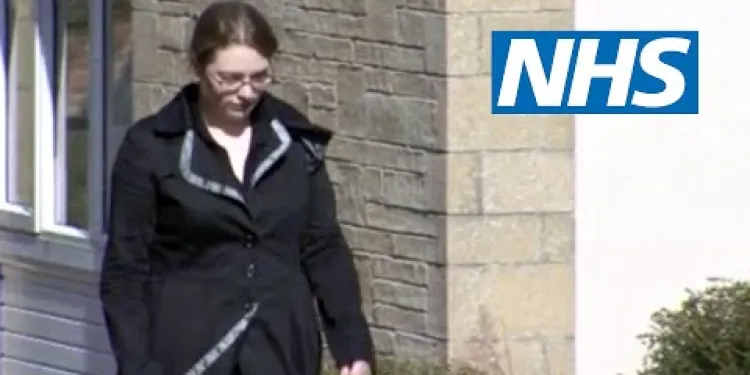
Lupus in children | NHS
Relevance: 15%
-

Children's Vaccination Schedule
Relevance: 15%
-

Can children use Mounjaro?
Relevance: 14%
-
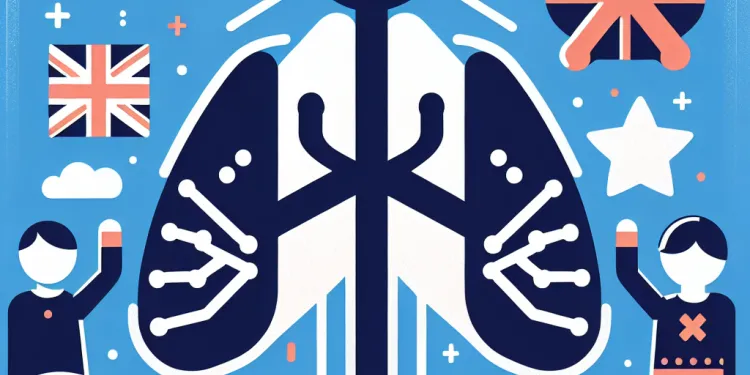
Can children outgrow asthma?
Relevance: 14%
-
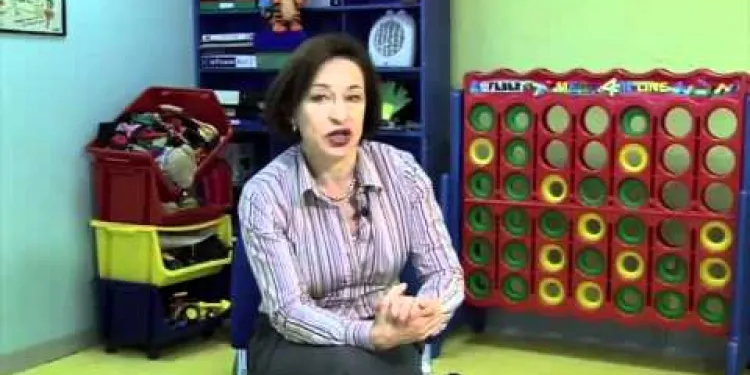
Children With Co-ordination Difficulties and Dyspraxia
Relevance: 14%
-

Can Wegovy be used by children?
Relevance: 14%
-
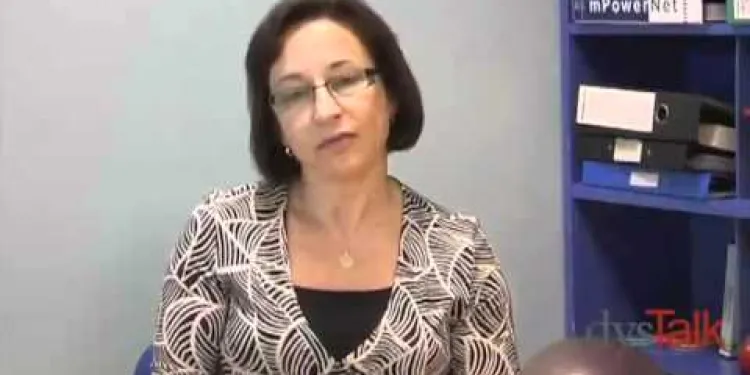
Dyspraxia Children: How to Help
Relevance: 14%
-

How is lupus diagnosed in children?
Relevance: 14%
-

Why do some children stammer?
Relevance: 14%
-

What are the common symptoms of lupus in children?
Relevance: 14%
-
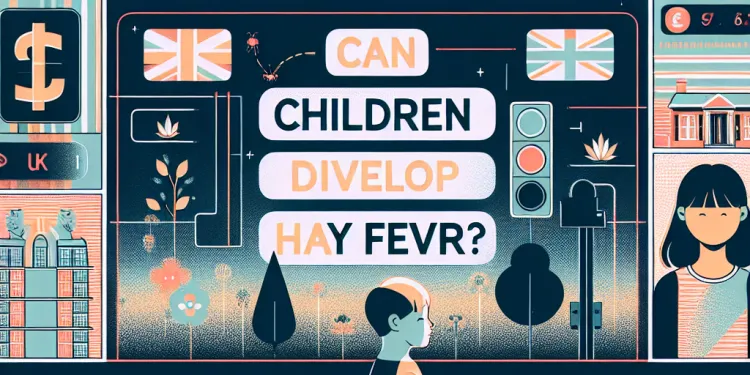
Can children develop hay fever?
Relevance: 14%
-
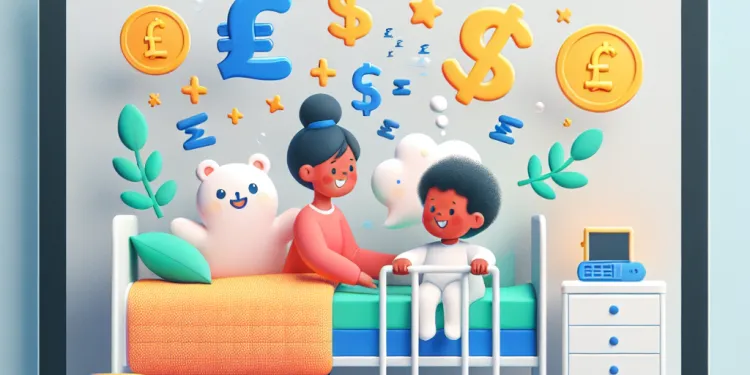
Can children have sleep apnea?
Relevance: 14%
-

Can children develop Crohn's disease?
Relevance: 14%
-

How can schools create an inclusive environment for SEND children?
Relevance: 13%
-

How is progress measured for SEND children?
Relevance: 13%
Understanding Section 20 of the Children Act 1989
Introduction to the Children Act 1989
The Children Act 1989 is a key piece of legislation in the United Kingdom, designed to ensure the welfare and protection of children. Section 20 of the Act specifically covers the voluntary accommodation of children by local authorities. This section provides a framework for situations where a child might need to live with someone other than their parents, often due to special circumstances or challenges.
What is Section 20?
Section 20 of the Children Act 1989 allows local authorities to accommodate children who require care, but it is initiated through a voluntary agreement. This means that the parents, guardians, or whoever has parental responsibility, must consent to the arrangement. The section is intended to be a cooperative solution where both the parents and the authorities work together to ensure the child's needs are met without court intervention.
Parental Responsibilities and Rights
Under Section 20, parents or guardians retain their parental rights and responsibilities. They have the authority to remove their child from accommodation provided under Section 20 at any time. However, it is crucial that the local authority considers the child's welfare and has a duty to review and support the arrangements effectively.
Key Considerations for Using Section 20
Section 20 is often used in various situations such as when a family is going through a temporary crisis, children with significant disabilities need specialized care, or when parents are incapacitated. It is critical that the arrangement is not used as a means to bypass court procedures unjustifiably. Consent must be informed and voluntary; the parents must understand the implications and have provided genuine consent.
Legal and Practical Implications
Parents must be fully informed and consent without duress for Section 20 to be valid. Authorities have a duty to ensure that parents understand their rights, the nature of accommodation, and the provisions available. Should there be concerns around the child's long-term welfare, local authorities might seek more permanent solutions, which may involve care orders through court proceedings.
Conclusion
Section 20 of the Children Act 1989 provides a flexible and voluntary option for ensuring the well-being of children who cannot remain at home temporarily. It emphasizes a cooperative approach between parents and local authorities while safeguarding the child's best interests. However, it requires clear, informed consent and must be used appropriately within the legislative framework to ensure it serves the intended protective and supportive purpose.
Understanding Section 20 of the Children Act 1989
Introduction to the Children Act 1989
The Children Act 1989 is a law in the UK. It is made to keep children safe and take care of them. Section 20 of this law helps local authorities find someone else to look after a child if they can't stay with their parents. This might happen because of family problems or other special reasons.
What is Section 20?
Section 20 lets local authorities look after children who need help. But they can only do this if the parents or guardians say it's okay. It is a team effort, which means everyone works together to help the child. The law helps without going to court.
Parental Responsibilities and Rights
Even when Section 20 is used, parents still have their rights. They can take their child back home whenever they decide. But the local authority has to make sure the child is okay and support the child while they are looked after.
Key Considerations for Using Section 20
Section 20 can help when a family is having a tough time, a child needs special care, or parents can't take care of their child for some time. It is important that parents agree because they want to, not because they feel forced. They should know what it means to use Section 20 and say yes only if they truly agree.
Legal and Practical Implications
For Section 20 to work, parents need to agree without being forced. Authorities have to make sure parents know their rights and what will happen next. If there are worries about the child's future, authorities might go to court to find a long-term plan for the child.
Conclusion
Section 20 is a way to help children when they can't stay at home for a while. It needs parents and authorities to work together for the child's best interest. It should be used correctly, and everyone must fully agree. This way, it protects and supports the child as the law intended.
Frequently Asked Questions
What is Section 20 of the Children Act 1989?
Section 20 of the Children Act 1989 allows local authorities in the UK to provide accommodation for children in need, either by agreement with the parents or with the child if they are aged 16 or over.
When can a local authority use Section 20 accommodation?
A local authority can use Section 20 accommodation when a child requires a place to stay and the parents agree, or when the child is 16 or older and agrees to the accommodation.
Do parents retain their parental responsibility under Section 20?
Yes, parents retain their parental responsibility when their child is accommodated under Section 20.
Can parents remove their child from Section 20 accommodation?
Yes, parents can remove their child from Section 20 accommodation at any time, as long as no court order prevents them from doing so.
What ages are covered by Section 20 of the Children Act 1989?
Section 20 covers children under the age of 18.
Who can consent to Section 20 accommodation?
Parents or guardians can consent to Section 20 accommodation for their child. A child who is 16 or older can also consent to their own accommodation.
Does Section 20 require a court order?
No, Section 20 does not require a court order. It relies on the voluntary agreement of the parents or the child if they are 16 or over.
What kind of support does a child receive in Section 20 accommodation?
A child in Section 20 accommodation may receive various types of support, including foster care, residential care, or placement with relatives or friends.
Can a local authority accommodate a child under Section 20 without parental consent?
No, a local authority cannot accommodate a child under Section 20 without the consent of the parents or the child if they are 16 or over.
How long can a child stay in Section 20 accommodation?
There is no fixed time limit for how long a child can stay in Section 20 accommodation, but it should be reviewed regularly.
Are parents responsible for costs of Section 20 accommodation?
Generally, the local authority bears the cost of providing accommodation under Section 20, though situations may vary.
Does accommodation under Section 20 affect parental rights?
No, accommodation under Section 20 does not affect parental rights or responsibilities.
Can a child under Section 20 attend their usual school?
Efforts are typically made to ensure the child can continue attending their usual school unless it is in their best interest to change schools.
What happens if parents withdraw consent for Section 20 accommodation?
If parents withdraw their consent, the local authority must return the child unless there is a concern for the child’s welfare, in which case they might seek an emergency protection order.
Is Section 20 accommodation a permanent solution?
Section 20 is intended to be a temporary solution to provide immediate support while longer-term arrangements or solutions are considered.
What is Section 20 of the Children Act 1989?
Section 20 is a part of a law. This law helps children in England. It says that if a family needs help, social services can look after a child. This means the child can stay somewhere safe if their home is not safe.
Social services will talk to the child's parents or guardians. They will all work together to keep the child safe. The family can ask for the child to come home when things are better.
If you want to know more or need help understanding, you can:
- Talk to a social worker.
- Ask a friend or family member to read with you.
- Use an app or tool that reads the text out loud for you.
Section 20 of the Children Act 1989 is a rule in the UK. It lets local councils give places to stay for children who need help. They can do this if the parents agree or if the child is 16 or older and agrees.
When can the council give a child a place to stay under Section 20?
A council can help by giving a child a place to stay if their family needs support. This is called Section 20. It means they make sure the child has a safe home.
The council will talk with the child's family and work together to decide what's best for the child. They want to help make everything okay at home again.
Tools like picture cards or visual aids can help understand these situations better. Talking with a supportive adult can also make things clearer.
The local council can help find a place for a child to stay. This happens when the parents say it's okay, or when the child is 16 or older and agrees to it.
Do parents keep their parental responsibility under Section 20?
This question asks if parents still have their rights and duties to care for their child when their child stays in temporary care under Section 20 of the law.
Yes, parents still have their parental responsibilities when their child is living away from home under Section 20.
If it's hard to understand, you can ask someone to help explain or use tools like text-to-speech apps to read it out loud for you.
Can parents take their child out of Section 20 housing?
Parents can take their child out of Section 20 housing if they want to. Here are some ways to make this easier:
- Talk to the social worker. Ask questions if you do not understand.
- Ask for help if you need it. You can bring a friend or family member to meetings.
- Write down important things so you do not forget them.
Yes, parents can take their child out of Section 20 accommodation whenever they want, unless a court says they can't.
What Ages Does Section 20 of the Children Act 1989 Help?
Section 20 helps children from birth up to 18 years old.
If you need help to understand, you can:
- Ask someone to read it with you.
- Use a dictionary for hard words.
- Try reading it out loud.
Section 20 talks about children who are younger than 18 years old.
Who Can Say Yes to Section 20 Accommodation?
Some children cannot live at home. They might need a place to stay with help from the council.
When a child needs this help, someone must say it is okay. This is called giving 'consent'.
Most of the time, a child's parents can say it is okay. Sometimes, another grown-up who takes care of the child can say it is okay too.
If you are not sure who can say yes, it is good to ask someone who knows about these things. You can ask a teacher, a social worker, or another helpful grown-up.
Using clear and simple words can help understand this better. Drawing pictures or using apps can be good tools to help think about it.
Parents or guardians can say "yes" for their child to live somewhere else if needed. A child who is 16 or older can also say "yes" for themselves to live somewhere else.
Do you need a court order for Section 20?
No, Section 20 does not need a court order. It means the parents or the child, if they are 16 or older, agree to it by choice.
If you find reading hard, you can use tools like audiobooks or text-to-speech apps to help you.
What help does a child get in Section 20 accommodation?
Section 20 gives a child a safe place to stay when they can't live at home.
Children get help with:
- A safe place to live.
- Food to eat.
- Clothes to wear.
- Going to school.
- Seeing a doctor if they are sick.
Adults are there to take care of the child and make sure they feel safe.
A child in Section 20 housing can get different kinds of help. This can include living with foster parents, living in a group home, or staying with family or friends.
Can a local council provide a place to stay for a child without asking the parents?
Sometimes, a local council might need to find a place for a child to stay. This is called "accommodating a child."
Usually, the council asks the child's parents before doing this. But sometimes, the council can do it without asking if they really need to.
If you want to know more or need help understanding, you can ask an adult you trust or use a tool like a text reader to help you.
No, a local council cannot take care of a child under Section 20 unless the parents agree. If the child is 16 or older, they must also agree.
How long can a child live in Section 20 accommodation?
A child can live in Section 20 accommodation for as long as it is needed. It's important to talk with a social worker to understand what is best for the child.
Here are some things that can help:
- Talk to someone you trust like a teacher, family member, or social worker.
- Use pictures or storyboards to better understand the situation.
- Ask questions if something isn't clear.
There is no set time for how long a child can stay in Section 20 accommodation, but it should be checked often.
Do parents have to pay for Section 20 accommodation?
Section 20 accommodation is when a child lives away from home and gets looked after by the local council.
This happens when parents need help caring for their child, or the child is not safe at home.
Parents usually do not have to pay for this. But it's important to ask a social worker or the council to be sure.
If you have questions, you can:
- Talk to a social worker.
- Ask someone you trust for help.
- Look for support groups that help families.
The local council usually pays for the place to stay under Section 20. But sometimes it can be different.
Does staying in a Section 20 home change what parents can do?
When a child stays in a Section 20 home, it does not change what parents can do. Parents still keep their rights. They do not lose any power to make decisions for their child.
If you have questions or need help understanding, you can ask a friend, family member, or a support worker for help.
No, getting a place to stay under Section 20 does not change what parents can do or are responsible for.
Can a child with help from Section 20 go to their regular school?
A child getting help from Section 20 can still go to their regular school. This help is for children who need extra care, but they can keep learning with their friends at school.
If you need support, you can talk to your teacher or a helper at school. They can answer your questions.
We try to make sure the child can keep going to their regular school. We only change schools if it is better for the child.
What happens if parents say no to Section 20 accommodation?
Section 20 is when parents agree for their child to live away from home with help from the council. But what if parents change their mind?
If parents say no to Section 20, they want their child back home. The council must listen. They should talk with the parents about what is best for the child.
It is important for parents to understand their rights. They can ask for help if they have questions.
Tools that may help parents:
- Speak with a social worker.
- Find someone to explain things clearly, like an advocate.
- Use simple words and pictures to understand.
If parents say "no" to keeping their child in care, the local council must give the child back. But if there is a worry about the child's safety, the council might ask a judge for a special order to protect the child.
Is Section 20 accommodation a permanent solution?
Is Section 20 accommodation forever?
No, it is not forever. It is a place to live for a short time.
Section 20 is when children live away from home for a little while.
Children can talk to social workers for help.
Social workers help find a safe home.
Ask questions if you do not understand.
Section 20 is a plan for a short time. It helps right away while we think about what to do next for a longer time.
Here are some tips to help understand:
- Read slowly and take breaks if needed.
- Use a ruler or your finger to follow the words.
- Look up words you don't understand.
Useful Links
Useful links from: Navigating Child Custody and Visitation Rights in Modern UK
- NHS - Child Custody: Rights and Welfare Provides information on child custody, focusing on the rights and welfare of the child. Includes guidance on legal processes and resources for ensuring the child's best interests.
- NSPCC - Child Custody and Parenting After Separation Offers resources and advice on handling child custody and parenting responsibilities following separation. Ensures that child safety and well-being are prioritized during custody arrangements.
- Relate - Parental Separation and Child Custody Relate provides support and counseling for families experiencing separation and divorce, focusing on child custody issues. Offers practical advice to ensure children’s emotional and psychological needs are met.
- Gingerbread - Child Custody and Contact Arrangements Gingerbread offers guidance for single parents, including detailed information on child custody and contact arrangements. Provides support to help navigate legalities and maintain healthy relationships.
Useful links from: Navigating Legal Guardianship and Parental Responsibility in the UK
- NHS - Legal Rights and Responsibilities Provides an overview of legal rights and responsibilities concerning health and social care in the UK.
- Family Rights Group Charity that supports families with concerns about their children’s welfare, offering advice on child protection and legal guardianship.
- Coram Children's Legal Centre Charity dedicated to providing free legal information, advice, and representation to children, young people, and their families.
- NHS - Social Care and Support Guide A comprehensive guide from the NHS on social care and support available, including sections on legal aspects and caregivers' support.
Useful links from: Understanding Parental Rights in Light of New UK Child Protection Legislation
- NHS - Children's Rights This NHS page provides an overview of children's rights, including parental responsibilities and the rights of the child within the healthcare system.
- NSPCC - Parental Responsibility The NSPCC (National Society for the Prevention of Cruelty to Children) details parental responsibilities, offering guidance on legal rights and child protection.
- Family Lives - Child Protection and the Law Family Lives provides practical information on child protection laws in the UK, including how new legislation may affect parental rights and responsibilities.
- Barnardo's - Working with Parents Barnardo's offers resources and support for parents, including information on navigating child protection systems and understanding rights under UK's new legislation.
Useful links from: Navigating the Changes to Parental Leave Regulations
- NHS Employers - Parental Leave NHS Employers provides detailed information on the policies and guidelines for parental leave, helping NHS staff navigate the regulations effectively.
- Gov.uk - Parental Leave The official UK government website offers comprehensive details and eligibility criteria for statutory parental leave, along with how to apply.
- Working Families - Parental Leave Advice Working Families, a UK-based charity, provides up-to-date advice and support for parents and carers on navigating parental leave and the associated rights and benefits.
- NCT - Maternity and Paternity Leave The National Childbirth Trust (NCT) offers guidance and resources on maternity and paternity leave, helping new parents understand their entitlements.
- Ergsy carfully checks the information in the videos we provide here.
- Videos shown by Youtube after a video has completed, have NOT been reviewed by ERGSY.
- To view, click the arrow in centre of video.
- Most of the videos you find here will have subtitles and/or closed captions available.
- You may need to turn these on, and choose your preferred language.
- Go to the video you'd like to watch.
- If closed captions (CC) are available, settings will be visible on the bottom right of the video player.
- To turn on Captions, click settings .
- To turn off Captions, click settings again.
More Items From Ergsy search
-

Children Act 1989 section 20 - Legislation
Relevance: 100%
-

Understanding the Impact of the UK's New Domestic Abuse Legislation
Relevance: 32%
-

Social Services and Well-being (Wales) Act: Assessments
Relevance: 29%
-

The Human Rights Act
Relevance: 28%
-

Planned caesarean section
Relevance: 27%
-

Having a Caesarean Section
Relevance: 27%
-

Impacts of Recent Changes to Family Law Legislation
Relevance: 25%
-

Who are SEND children?
Relevance: 25%
-

Anaesthetic procedure for elective caesarean section (C section)
Relevance: 25%
-

Spinal Anaesthesia for Caesarean Section
Relevance: 24%
-

Understanding Parental Rights in Light of New UK Child Protection Legislation
Relevance: 24%
-

New Asylum Seekers Legislation Sparks Nationwide Debate
Relevance: 23%
-

Having a planned caesarean section
Relevance: 23%
-

Are there specific laws governing SEND in schools?
Relevance: 21%
-

Do SEND children attend mainstream schools?
Relevance: 19%
-

What are SEND children?
Relevance: 18%
-

When Stroke Strikes Act F.A.S.T. | NHS
Relevance: 17%
-

What causes lupus in children?
Relevance: 16%
-

Understanding the New Domestic Abuse Laws in the UK
Relevance: 16%
-

Can children with disabilities access school meals?
Relevance: 16%
-

Understanding Mental Health in Children
Relevance: 16%
-

Can defibrillators be used on children?
Relevance: 16%
-

Can SEND children access extracurricular activities?
Relevance: 16%
-

Is Baxdrostat suitable for children?
Relevance: 15%
-

What is lupus in children?
Relevance: 15%
-

Lupus in children | NHS
Relevance: 15%
-

Children's Vaccination Schedule
Relevance: 15%
-

Can children use Mounjaro?
Relevance: 14%
-

Can children outgrow asthma?
Relevance: 14%
-

Children With Co-ordination Difficulties and Dyspraxia
Relevance: 14%
-

Can Wegovy be used by children?
Relevance: 14%
-

Dyspraxia Children: How to Help
Relevance: 14%
-

How is lupus diagnosed in children?
Relevance: 14%
-

Why do some children stammer?
Relevance: 14%
-

What are the common symptoms of lupus in children?
Relevance: 14%
-

Can children develop hay fever?
Relevance: 14%
-

Can children have sleep apnea?
Relevance: 14%
-

Can children develop Crohn's disease?
Relevance: 14%
-

How can schools create an inclusive environment for SEND children?
Relevance: 13%
-

How is progress measured for SEND children?
Relevance: 13%